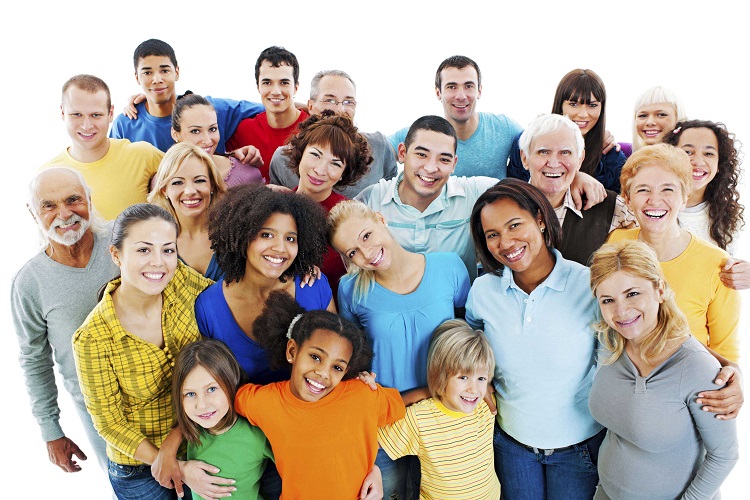Let’s explore the surprisingly weak connection between income and happiness. Why doesn’t a raise in pay reliably make people happier? The explanation involves the way we constantly evaluate our subjective well-being by comparing ourselves to others (the relative deprivation principle), and comparing the present situation to our past experiences (the adaptation-level phenomenon).
Chapter 62. Predictors of Happiness
Learning Objectives

Identify some of the characteristics associated with happiness.
Describe the role of social comparisons in our experience of happiness.
Review
Review
Select the NEXT button to continue with the Review.


1. Have you noticed that some people are happier than others? What personal characteristics or lifestyle choices are associated with happiness or unhappiness?
Review
Review
Select the NEXT button to continue with the Review.

2. Most people assume that having more money would make them happier. But research on the predictors of happiness indicate that economic growth in affluent countries has produced no measurable boost to morale or subjective well-being. In fact, those who strive most for wealth actually experience a lower sense of well-being.
Review
Review
Select the NEXT button to continue with the Review.

3. In addition to having more money, the variables of age, gender, educational level, parenthood (having children or not), and physical attractiveness are unrelated to happiness.
Review
Review
Select the NEXT button to continue with the Review.

4. Are there any clues about how to be happy? There appear to be some predictive correlations with our actions and values. Those people who have productive work and hobbies that engage their skills, close friendships or a satisfying marriage, and a meaningful religious faith tend to report greater subjective well-being.
Review
Review
Select the NEXT button to continue with the Review.

5. Some people might have a “happiness advantage” based on basic personality traits. Those who have high self-esteem and who are optimistic and outgoing are also happier on average.
Practice 1: Characteristics of Happy People
Practice 1: Characteristics of Happy People
Roll over each of the characteristics to see which are linked with happiness, unhappiness, or neither.
People who have a few close relationships are generally happier than those who are socially isolated.
People with low self-esteem are generally unhappier than those who feel better about themselves.
People with engaging, productive work are generally happier than those who are employed or underemployed.
Optimistic people are generally happier.
Agreeable people tend to be happier (and more popular) than those who are disagreeable or uncooperative.
Gender has no consistent relationship with happiness. Women are more often depressed, but also more often joyful.
Outgoing and sociable people are generally happier than those who are less social.
Pessimistic people are generally less happy than optimists.
Parenthood has joys and sorrows, but parents are not happier on average than non-parents.
Physical attractiveness has no relationship to overall happiness.
People with high self-esteem are typically happier than those with low self-esteem.
People who have leisure activities that engage their interests and skills are generally happier.
Some shy, reserved people enjoy solitude, but in general, socially withdrawn people are less happy than more sociable people.
Aerobic exercise promotes health and energy, and people who exercise regularly tend to be happier.
People who are active in faith communities report greater than average happiness and more resilience under stress.
Childfree individuals are not happier or unhappier overall than parents.
Level of education is not related to overall happiness.
Age has no relationship to happiness.
Gender is not related to happiness in any general way.
People who get sufficient sleep tend to be happier than those who are sleep-deprived.
Physical attractiveness is not related to overall happiness.
People in satisfying marriages or other stable relationships tend to be happier than those who are not.



Practice 2: Happiness is Influenced by Comparisons
Practice 2: Happiness is Influenced by Comparisons
Select each of the comparisons to see how these principles influence happiness.
Quiz 1
Quiz 1
Let’s see if you can identify which of these personal characteristics are positively associated with happiness. Drag the characteristics of happy people to one of the gray areas. When all the “happiness” labels have been placed, select the CHECK ANSWER button.
Characteristics of Happy People:
Quiz 2
Quiz 2
Drag the terms to match the associated scenarios. When all the terms have been placed, select the CHECK ANSWER button.
Conclusion
